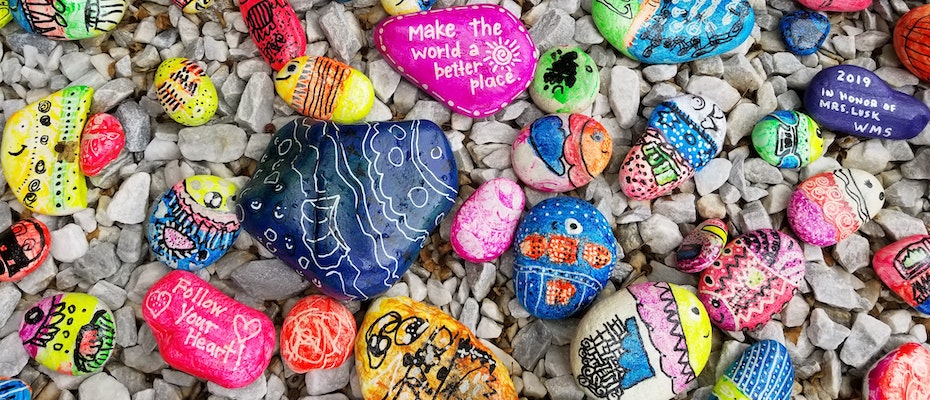‘Kind Words for Kids‘ are a deck of 40, beautifully illustrated, cards designed by Amel El Achkar as a way to help “equip children with the language and structure to talk about their experiences in a positive way”.
I first started using the cards as a trainee after finding traditional strengths cards outdated and limiting. I was keen to find a resource that was compact and easy to carry, but that would also allow children and young people to speak with me about issues and characteristics that are pertinent to them. Now, I use the cards within the majority of my casework, from children in Reception Year to young people in Years 7 and 8.
They help to provide language to children and young people that is modern and relevant to their lives and experiences. The illustrations are bright and clear and help support children and young people express themselves when words are difficult to find. Often, they invite rich conversations and allow for discussion of more than just strengths.
Why I like using the ‘Kind words for Kids’ cards
- They represent the wonderful variety and diversity of the children and young people we work with every day. Children and young people enjoy looking and finding characters that look like them.
- They provide children and young people with a range of strengths and characteristics to choose from, so they can sort them into ‘like me’, ‘sometimes me’ and ‘not like me’. Often children and young people think of more things they enjoy doing or words that describe them once they have seen a few examples.
- They help children feel comfortable and provide a light introduction into working together.
- They offer children and young people to chance to consider the importance of topics such as health, exercise, well-being and environmentalism. I regularly find children discussing how important the environment is to them or noting that they would like to learn how to do breathing exercises (and sometimes we do them together!).
- They provide cards that help children and young people explore and articulate feelings of self-love, self-worth and security. I have found that these cards are the most helpful in opening up rich and detailed conversations that offer new light on situations.

How I use the cards
- Sorting cards into ‘like me’, ‘sometimes me’ and ‘not like me’ to share a child or young person’s strengths or characteristics with the adults around them. I also find that sharing the matching strengths that parents/carer/school staff have chosen during these times gives children and young people a boost.
- Exploring exceptions for cards placed into ‘sometimes me’. Often the cards such as ‘I love myself’ and ‘I am brave’ are placed here. These conversations are often solution-focused in nature and yield next steps.
- Exploring the child or young person’s feelings in particular environments (e.g. ‘I am honest’ or ‘I like quiet time’). Cards placed in ‘sometimes me’ can lead to a child or young person exploring more openly what they struggle with in certain environments, when asked.
- Using key cards (based on previous knowledge of the child or young person) to structure a conversation to explore what would help that child.
- Sorting the cards by ‘what mum/dad/my teacher thinks about me?’. This kind of exploration lends itself nicely to the use of Motivational Interviewing skills to elicit a desire for change, particularly in older children and young people.
- Focusing on key cards for change, where a child or young person may want to see improvement.
Find out more about ‘Kind Words for Kids’ cards

